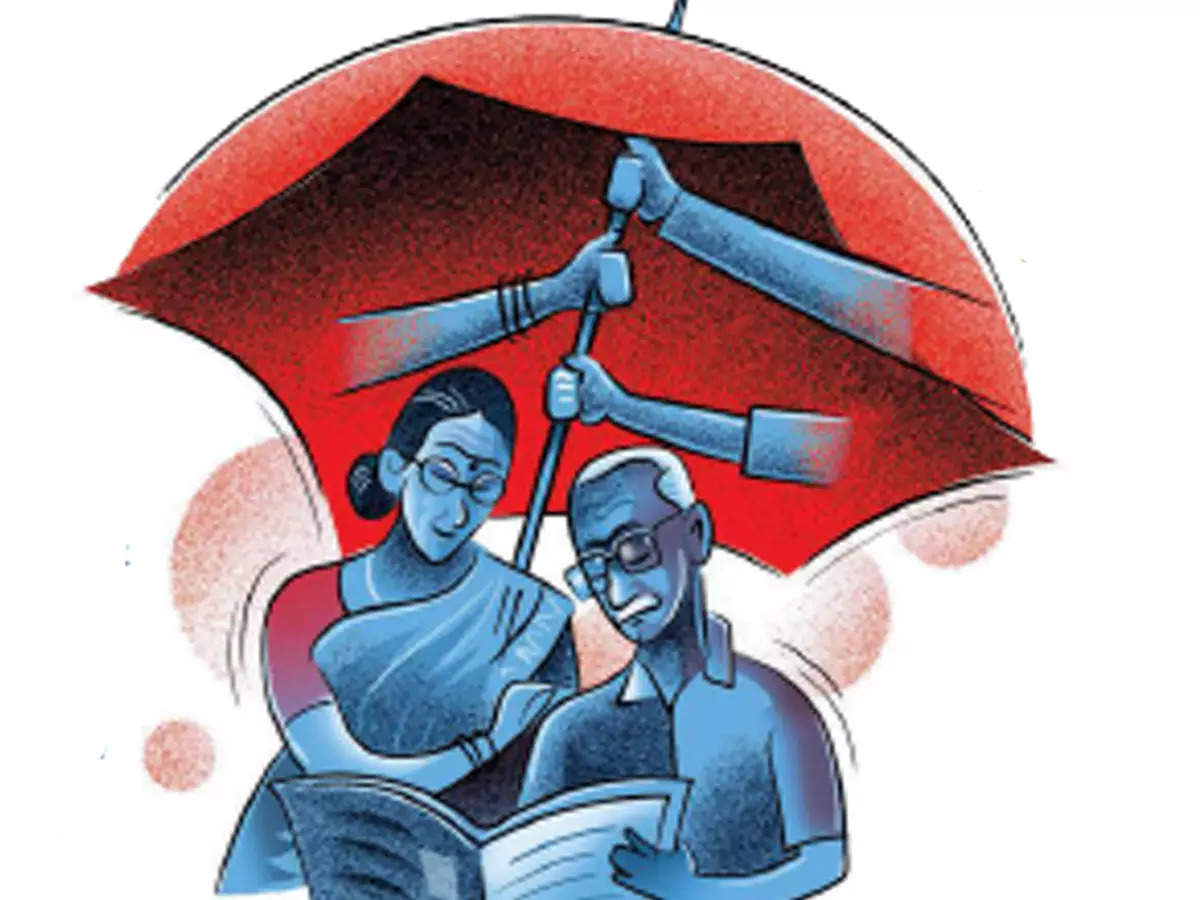India & World UpdatesHappeningsBreaking NewsFeature Story
Empowering Senior Citizens: Breaking the Age Barrier in India, writes Swapnodeep Sen

//Swapnodeep Sen//
India, a nation rooted in the tradition of revering its elders, is currently grappling with a pressing challenge—the disregard of the autonomy and personal choices of senior citizens. While cultural norms emphasize respect for the elderly, they often fail to grant them the independence they deserve. As the country’s population of senior citizens is projected to grow from 104 million in 2011 to 194 million by 2031, according to the Ministry of Statistics and Programme Implementation, the societal approach to aging requires a drastic rethinking. Historically, the elderly in India were expected to step away from active life, leaving significant decisions in the hands of younger family members. In the era of joint families, they were cared for, yet lacked the freedom to make their own choices. However, with the rise of nuclear families and increasing urbanization, many senior citizens are now isolated or forced into institutional care. This growing disconnect between societal expectations and the realities of aging highlights the urgent need to empower seniors, allowing them to retain control over their lives, from living arrangements to health and financial decisions.
One of the most pervasive misconceptions surrounding aging in India is the notion that it inherently leads to dependency. While some elderly individuals may require assistance due to health issues, a large number remain capable of living independently. A 2017 study by the United Nations Population Fund (UNFPA) found that 71% of Indian seniors felt they could take care of themselves, yet they often face pressure to live with family members or under institutional care. This expectation strips them of their agency, as decisions regarding their homes, finances, and even personal relationships are frequently made without their consent. For example, remarriage in old age remains a taboo subject, especially for women, despite legal advancements supporting it. The stigma attached to remarriage or even the desire to continue working past retirement age speaks to a broader societal reluctance to view senior citizens as autonomous individuals. With 15.2% of the elderly population still engaged in the labor force according to the Periodic Labour Force Survey (PLFS) 2020-21, it is clear that many seniors wish to remain productive, yet face obstacles from both societal norms and family expectations. The need for a shift in mindset is vital, to allow seniors the freedom to pursue their personal goals without facing prejudice or condescension.
*Towards an Age-Inclusive Society: Valuing the Choices of the Elderly*
The key to addressing the challenges faced by senior citizens in India lies in creating an age-inclusive society that values the decisions and independence of the elderly as much as that of younger generations. Currently, many older adults find themselves excluded from critical decisions, particularly in the realms of healthcare and financial management. Family members, often with good intentions, tend to take control of these aspects of their elders’ lives, disregarding their preferences in the process. The emotional and psychological impact of such sidelining can be severe, leaving seniors feeling powerless and marginalized. A 2018 report by HelpAge India highlighted the issue of financial abuse among the elderly, revealing that many senior citizens are coerced into relinquishing control over their resources to younger family members. This not only compromises their financial security but also diminishes their dignity. Legal measures, such as wills, advance directives, and living wills, are crucial tools in protecting the rights of the elderly. However, beyond the legal framework, a cultural transformation is needed to ensure that the choices of senior citizens are respected and upheld.
Promoting autonomy for the elderly is not solely the responsibility of the family; it requires a concerted effort at the community and policy levels. Government initiatives like the Maintenance and Welfare of Parents and Senior Citizens Act, 2007, offer some protection against neglect, but there is a need for more robust policies that actively promote the independence of seniors. Elder-friendly infrastructure, flexible retirement options, and stronger community support systems are essential in enabling older adults to lead fulfilling lives. Organizations such as HelpAge India have been instrumental in fostering environments where senior citizens can access resources, engage in meaningful activities, and find support among their peers. Public awareness campaigns can also play a crucial role in shifting societal attitudes, challenging ageist stereotypes, and highlighting the continued contributions of the elderly to society. Families, too, must foster intergenerational dialogue, encouraging open conversations that include seniors in decision-making processes regarding their living conditions, healthcare, and financial matters. By creating spaces where the elderly can voice their needs and preferences, we can begin to dismantle the age barrier that continues to limit their autonomy. In doing so, India can build a future where senior citizens are viewed as valuable, capable individuals whose choices are honored and respected, contributing to a more inclusive and compassionate society.





One Comment